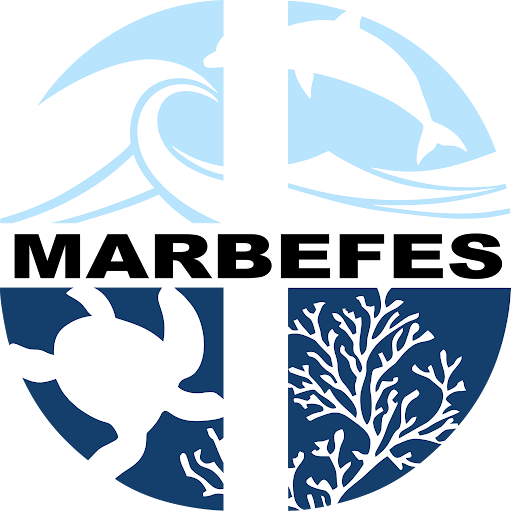Survey update: The Cultural Benefits of the Seas, Coasts, and Wetlands of the Gulf of Oristano
The MARBEFES survey on the cultural benefits of the seas, coasts, and wetlands of the Gulf of Oristano closed in January 2025.
The survey was conducted by Consiglio Nazionale delle Ricerche (CNR), Torregrande, and University College Dublin (UCD). It ran from July 2024 - December 2024, and we collected 200 responses! These were mainly from local residents, but some were from elsewhere in Sardinia, Italy, and further afield.
The survey aimed to explore how local residents and visitors use and value the sea, coast, and wetlands of the Gulf of Oristano. It focused particularly on social and cultural activities such as walking, swimming, and visiting archaeological sites, examining their connection to the health of local marine, coastal, and wetland ecosystems. Additionally, the survey gathered perspectives on the management of these environments.
To give a taster of the results, here is a word cloud representing words and phrases used in response to the question “What do you think is special about the marine, coastal, and wetland environments of the Gulf of Oristano?” The size of the word corresponds to how often it was mentioned by participants. [The question and answers were originally in Italian, and have been translated into English.]

An open question like this represents a way of valuing environments based on ordinary cultural uses and experiences. Here, the Gulf of Oristano is appreciated for many things, but especially for being “unspoiled”, and for providing a sense of “nature”, “beauty”, “sea”, “archaeology”, and “peace”. Our aim is to explore how these types of values depend on healthy ecosystems, and how they may be incentives to safeguard environmental health.
We will use the survey information to explore ways to integrate cultural ecosystem value into policy and decision-making. We plan to share the results with organisations who have participated, and to publish analyses of the results in open-access (i.e. freely available) format in academic journals and on the Marine Data archive in due course. Please get in touch if you wish to be informed about the analysis, publications, or results. You can contact Ashley Cahillane at ashley.cahillane[at]ucd.ie or aislaigh[at]gmail.com.
Thanks to everyone who participated!

